For a long time there have been predictions of a major surge of development in the DIY scene in Spain. And now that moment seems actually to have arrived. The retail landscape has changed in such a fundamental manner that it is hard to ignore the fact that something must be happening.
First came the entry into this market of the retail giant El Corte Inglés, which has not only created the new Bricor brand, but a totally new concept into the bargain: “Bricoration” (= DIY plus decoration). This means entering into direct competition with Ikea, which has eight stores in Spain, where it has been steering the idea of DIY towards the realm of decoration. What is more, Bricor also intends to disturb the peaceful ex-istence of market leader Leroy Merlin, which boasts 42 Leroy Merlin and 25 Aki stores.
But the feeling still remains that the Spanish DIY market is big enough to all comers. To “hard” DIY, for instance, as shown by the success of Brico Dépôt (the Spanish version of the Kingfisher format in France, already with eleven outlets) and the launching of Bricomart (Leroy Merlin’s hard DIY variant). Or to medium-sized stores, Spanish-operated in particular, such as Bricoking, which originated in Galicia but is now pursuing an ambitious growth strategy with the aim of achieving 45 stores throughout the country by 2009. Or even to foreign chains such as Bricorama (three stores already) or Bauhaus, which does not intend to limit itself to Catalonia alone, or Mr. Bricolage with its current total of two DIY stores.
It is hardly surprising that other retail channels are showing an interest in DIY, given that this market is estimated at something like € 4 bn and has seen constant growth for some years now. Cooperatives and central buying organisations in the hardware trade, such as Cofac and Cadena 88, have developed DIY trading formats of their own, Bricofac and Habitacle respectively, with a combined total of just under 35 outlets. Now comes the burning question: Is the proliferation of DIY stores occurring in response to the realities of the marketplace, or rather to some sort of wishful thinking? Whereby it should not be forgotten that the big European DIY superstores are still ten time the size of their Spanish counterparts.

 Menü
Menü




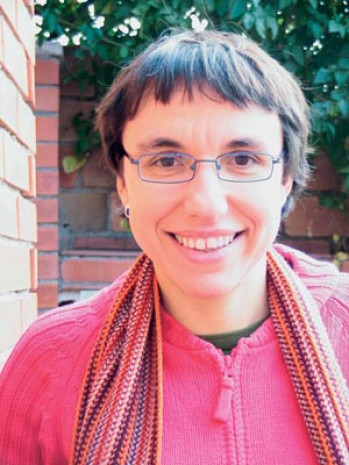

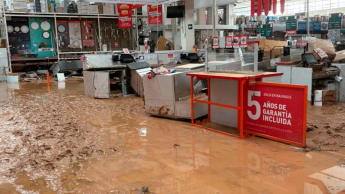
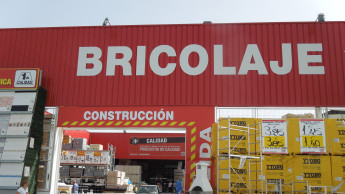
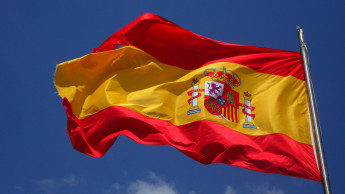



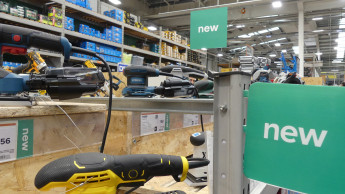
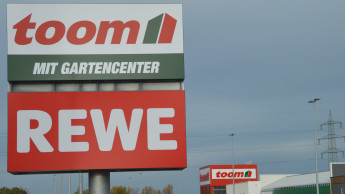

 Newsletter
Newsletter